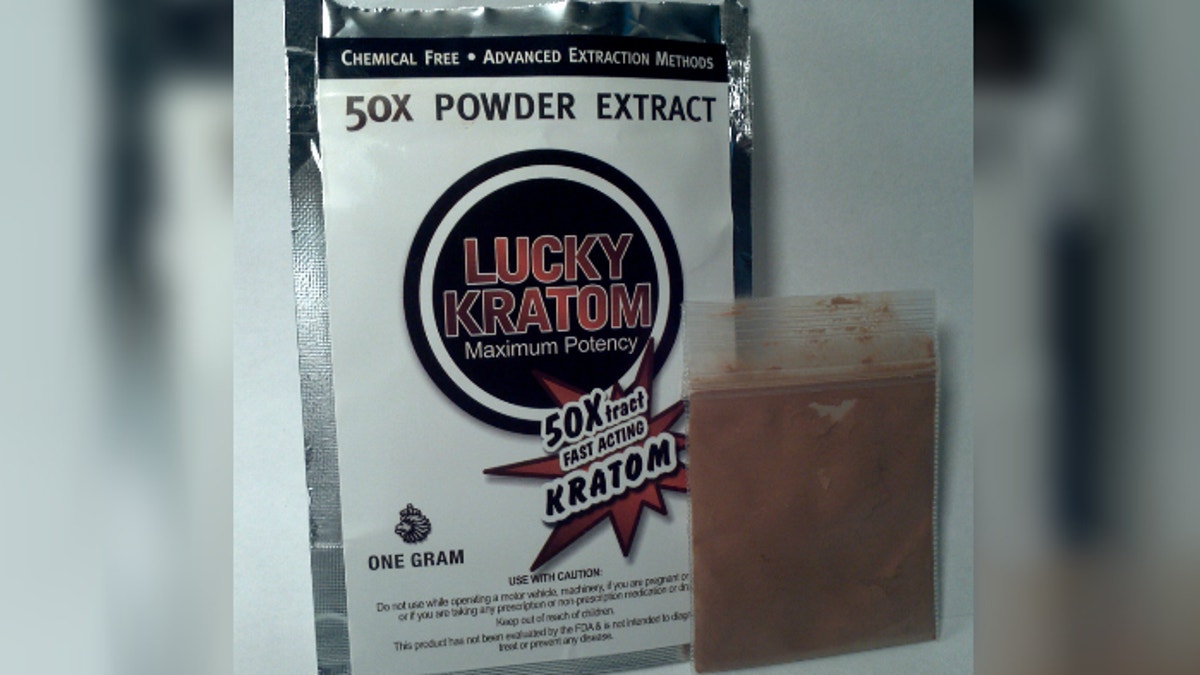
Bowing to public pressure, the U.S. Drug Enforcement Administration (DEA) said on Thursday it had delayed a decision on whether to classify the botanical substance kratom, which is available online in the United States as a dietary supplement, as a dangerous drug with no medicinal use.
The leaves of the kratom tree, native to Southeast Asia, can be used as a stimulant or sedative.
They are typically brewed into a tea, chewed, smoked or ingested in capsules for pain and anxiety, often as a substitute for opioids or heroin. The substance is also growing in popularity as recreational drug.
Case reports have associated kratom exposure with addiction, hallucinations, delusion, psychosis, seizures and death.
Some U.S. jurisdictions have passed, or are considering, legislation to make kratom-use a felony, according to the U.S. Centers for Disease Control and Prevention (CDC).
The DEA said in August it planned to temporarily classify mitragynine and 7-hydroxymitragynine, the main psychoactive ingredients of kratom, under the "schedule 1" category, placing it on par with heroin and LSD.
However, the agency said on Thursday it had received numerous comments from the public requesting that it consider further information before taking action. A public comment period will be open until Dec. 1. (http://bit.ly/2dmP6Ck)
Federal agencies have long been wary of the drug, despite widespread support for its use by advocacy organizations and some politicians, including Senator Bernie Sanders.
The U.S. Food and Drug Administration issued an import ban on supplements containing kratom in August, and officials seized 100 cases of products containing the substance.
About 90,000 bottles of dietary supplements were seized by U.S. officials in January. (http://bit.ly/2aOkonh)
Kratom is still relatively easy to procure online in the United States since it is not regulated under the Federal Controlled Substances Act. Dietary supplements are also subject to less-stringent FDA oversight than pharmaceutical products.
The American Kratom Association, a consumer group, estimates that kratom is used by three million to five million people in the United States.
The advocacy organization has opposed the DEA's proposal, saying kratom is an effective "coffee-like herb" that has been safely used as an analgesic for hundreds of years.
The Botanical Education Alliance, an industry group, estimates that the imposition of a DEA ban could result in a loss of between $1.5 billion and $5 billion for 10,000 kratom-related vendors.







































